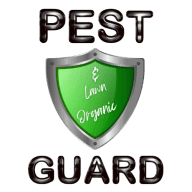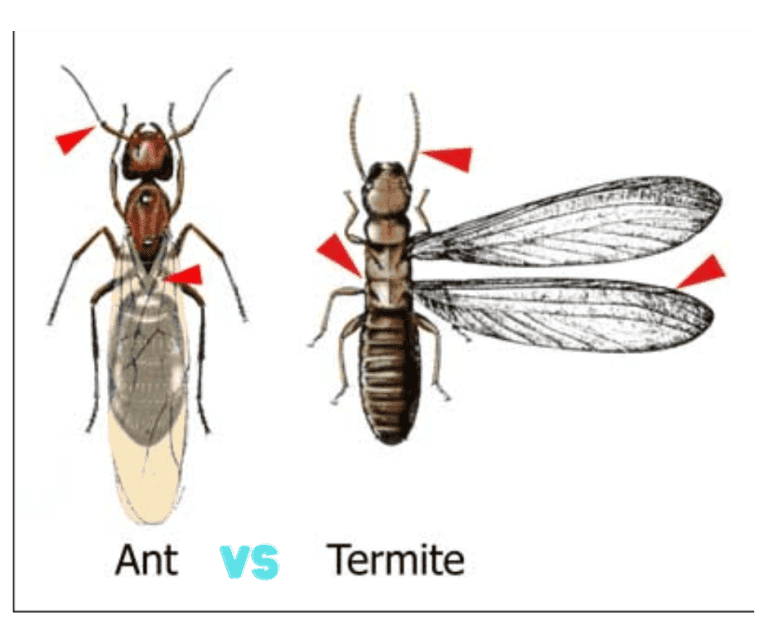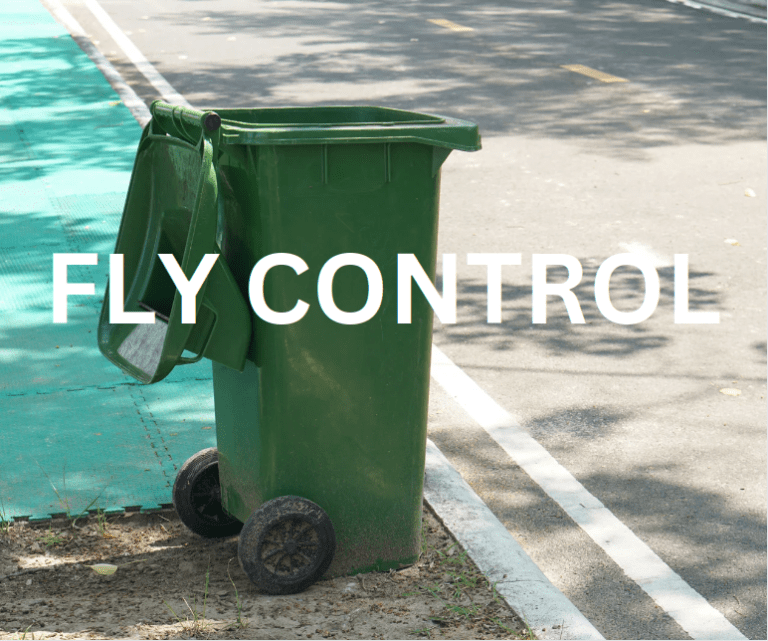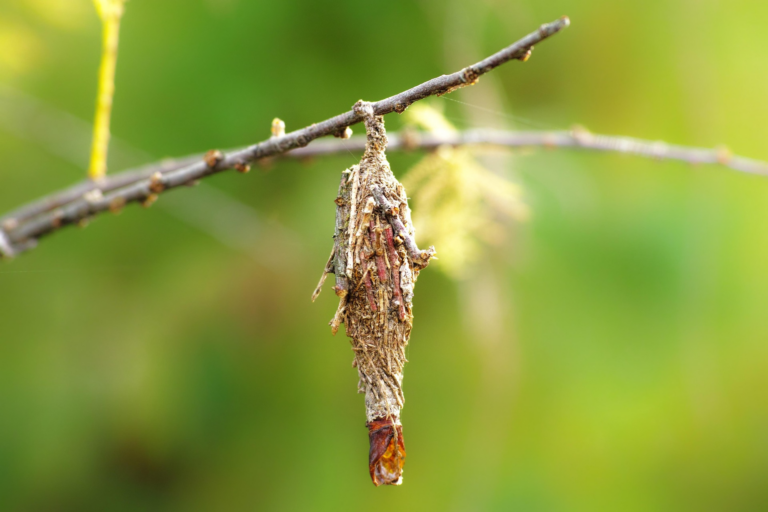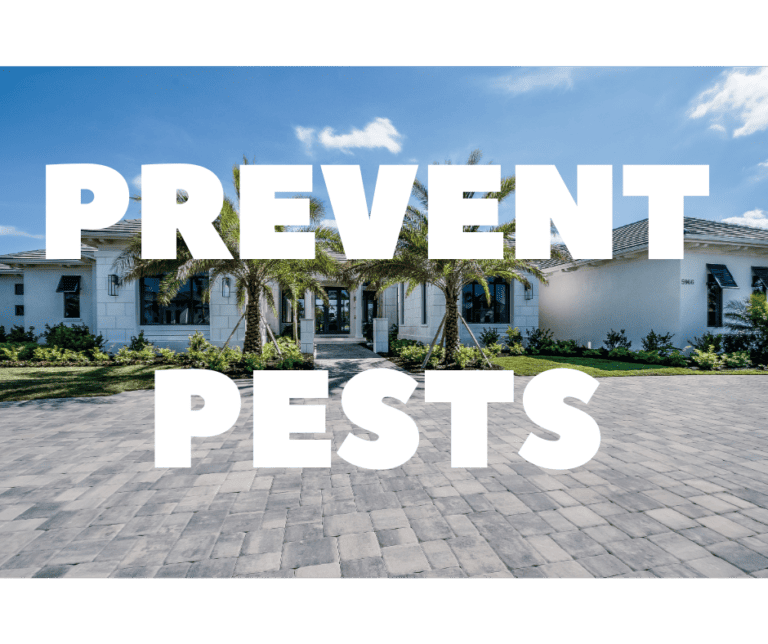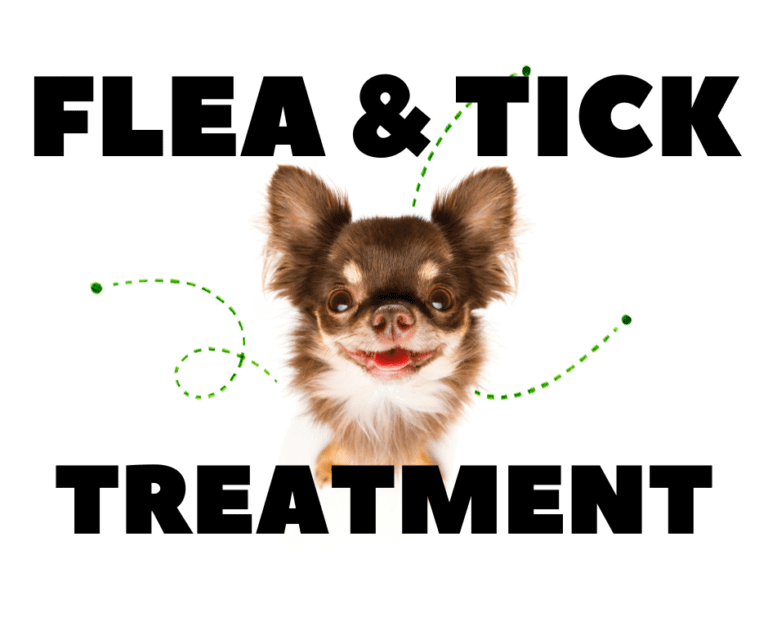Post-Summer Pest Control Tips: Essential Tips to Protect Your Florida Home After Hurricane Milton
Table of Contents
- 1 Post-Summer Pest Control Checklist for Your Florida Home
- 1.1 Inspect for Dead Bugs and Droppings
- 1.2 Search for Ants, Especially Fire Ants
- 1.3 Examine Your Pantry and Window Sills
- 1.4 Check for Rodent Activity
- 1.5 Roof and Soffit Inspections After Hurricane Milton
- 1.6 Keep Landscaping Clear
- 1.7 Attic Dusting with Pest Control Dust
- 1.8 FAQ: Post-Summer Pest Control Tips for Your Florida Home
- 1.8.1 Why should I inspect my home for pests after returning from summer?
- 1.8.2 What should I do if I find dead insects in my house?
- 1.8.3 What kind of droppings should I look for, and how can I tell which pest left them?
- 1.8.4 How has Hurricane Milton affected pest activity around my home?
- 1.8.5 How can I prevent fire ant infestations after the storm?
- 1.8.6 What are pantry pests, and how can I check for them?
- 1.8.7 Why should I check window sills for termites or ants?
- 1.8.8 How can rodents enter my garage or attic, and what should I look for?
- 1.8.9 Why is it important to trim landscaping around my house?
- 1.8.10 What is attic dusting, and why is it significant?
- 1.8.11 Why should I inspect my roof after Hurricane Milton?
- 1.8.12 Can Pest & Lawn Organic Guard Inc. help with post-storm pest inspections and treatments?
- 1.8.13 How long should I stay out of the house after pest control?
Post-Summer Pest Control Checklist for Your Florida Home
As you return to your home on the Space or Treasure Coast after a summer away, it’s important to check for pest activity and storm-related damage.
After a season of heat and heavy rains, like those from Hurricane Milton, homes in Brevard and Indian River counties may have become a refuge for insects and rodents.
Use this to ensure your home is pest-free and ready for your season ahead.
Inspect for Dead Bugs and Droppings
Check your floors, countertops, and corners for the bodies of dead insects.
Take photos of any that you find to help identify the species when calling your pest control professional—knowing the exact pest can make treatment more effective.
Also, look for droppings. Rodent droppings differ from those of lizards or other animals. Lizard droppings have a white cap at the end, which is crystallized uric acid. Rodent droppings do not have this white tip. If you see a dropping with a white cap, it’s from a lizard, not a rodent.
Snap a photo of any droppings to help your pest control expert determine whether you’re dealing with rats, mice, or even large lizards like the Peters’ rock agama, which has become more common in Florida recently.
Search for Ants, Especially Fire Ants
Walk around your property and check for ant activity.
With the flooding caused by Hurricane Milton, fire ants have moved to higher ground, which often means closer to your house.
Look near foundations, driveway pavers, and around plants. These colonies are a serious hazard, and early treatment is essential.
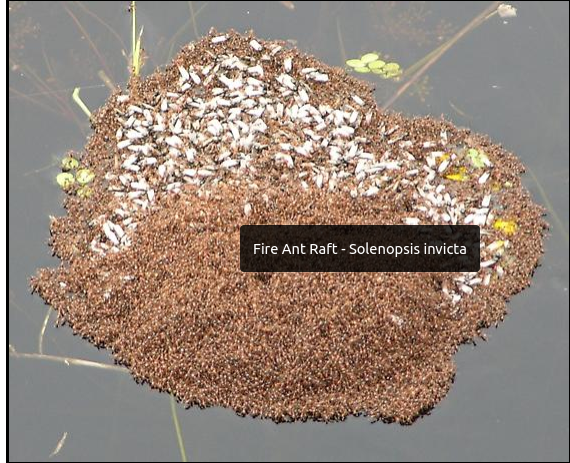
Examine Your Pantry and Window Sills
Inspect your pantry for signs of pests like pantry pests or moths.
These pests can contaminate food supplies quickly, especially after a period of inactivity in the home.
Check window sills for swarming ants or termites, as these can indicate a larger infestation nearby.
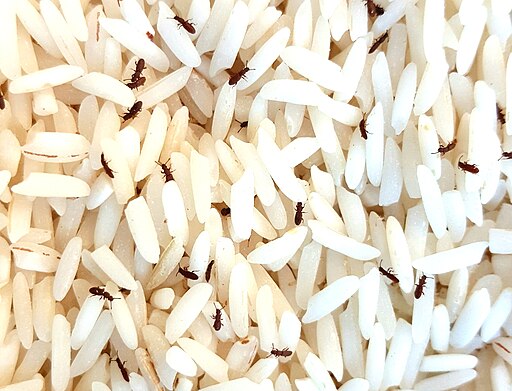
Check for Rodent Activity
Rodents regularly sneak into homes through vulnerable spots.
Look for gnawed seals around garage doors, as these are common access points.
Additionally, inspect your screen enclosures for any holes caused by squirrels or rats.
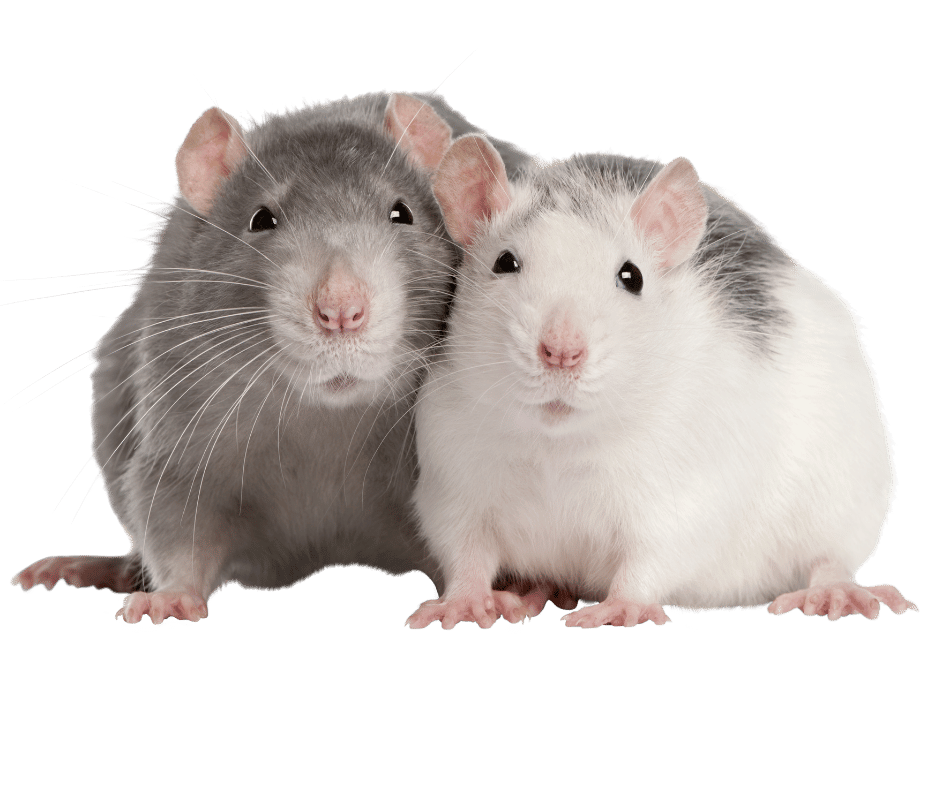
Roof and Soffit Inspections After Hurricane Milton
Hurricane Milton’s high winds, especially around Vero Beach and the barrier islands, may have damaged your roof or soffits.
Pay special attention to where the soffit meets the roof, as this is where gaps often appear.
These gaps are prime entry points for rats or squirrels, leading to costly infestations.
It’s much easier and cheaper to fix these issues now than to deal with a full-blown rodent problem later.

Keep Landscaping Clear
Ensure that no branches, shrubs, or other landscaping are touching your house.
Plants provide easy pathways for pests like ants, and even rodents to access your home.
Trimming back vegetation can help prevent these pests from moving in.

Attic Dusting with Pest Control Dust
If your eaves were damaged during the storm, consider getting your attic dusted with our pesticidal dust.
We are one of the few pest control companies in the area that offers this service. It’s a great way to prevent pests from making a home in your attic after extended exposure to the elements.
By following these tips and checking your home thoroughly, you’ll be one step ahead in keeping pests at bay. If you find any signs of pest activity or storm damage, give us a call to schedule an inspection or treatment.
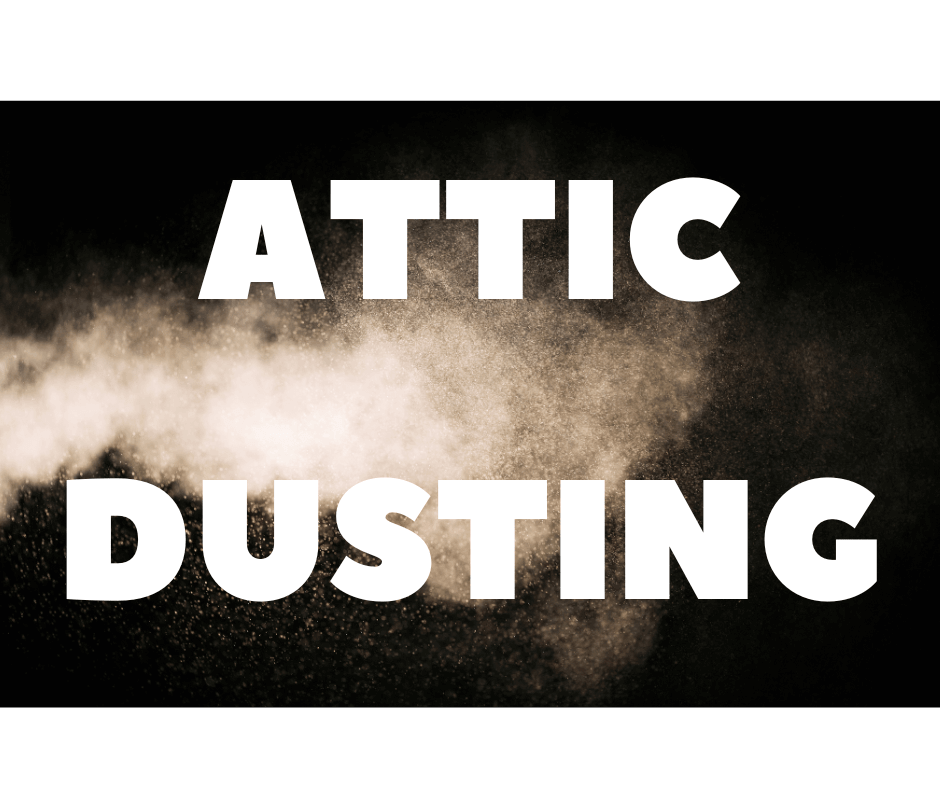
Schedule Your Professional Pest Control Services Now
FAQ: Post-Summer Pest Control Tips for Your Florida Home
Why should I inspect my home for pests after returning from summer?
Florida’s hot and rainy summers create ideal conditions for pests to thrive. While you’re away, pests like ants, termites, and rodents may take shelter in your home. Inspecting for pests upon returning helps you catch infestations early, preventing further damage.
What should I do if I find dead insects in my house?
Take photos of the dead insects before cleaning them up. This will help your pest control technician identify the species and recommend the best course of treatment.
What kind of droppings should I look for, and how can I tell which pest left them?
Droppings from rodents, lizards, or even larger pests can vary in size and shape. Rodent droppings are typically small, dark pellets, while lizard droppings often have a white tip. Taking photos of the droppings can help your pest control professional accurately identify the intruder.
How has Hurricane Milton affected pest activity around my home?
Hurricane Milton brought heavy rains, forcing pests like fire ants to relocate to higher ground. You may notice fire ants forming colonies near your home’s foundation or around driveway pavers. High winds may also have damaged your roof or soffits, providing entry points for rodents or squirrels.
How can I prevent fire ant infestations after the storm?
Walk around your property to check for fire ants, especially near foundations and pavers. If you spot any, contact a pest control professional immediately to treat the area and prevent the colony from spreading.
What are pantry pests, and how can I check for them?
Pantry pests include insects like beetles and moths that infest dry goods such as flour, grains, and cereals. After a long period away, inspect your pantry for any signs of these pests, including webbing or holes in packaging.
Why should I check window sills for termites or ants?
Swarming termites or ants often leave behind wings or small piles of debris near window sills. This can be a sign of an infestation within your walls or nearby. Catching these signs early allows for timely treatment and damage prevention.
How can rodents enter my garage or attic, and what should I look for?
Rodents frequently enter through gaps in garage door seals, soffits, or damaged roofing. Inspect these areas for signs of gnawing or gaps, especially after the high winds from Hurricane Milton. Fixing these gaps early will save you from costly rodent infestations later.
Why is it important to trim landscaping around my house?
Overgrown plants and tree branches touching your home act as bridges for pests like ants, spiders, and even rodents. Keeping your landscaping trimmed helps eliminate these easy entry points for pests.
What is attic dusting, and why is it significant?
Attic dusting involves applying pesticidal dust to prevent or eliminate pests in hard-to-reach areas like your attic. If your soffits or eaves were damaged by the storm, attic dusting is a highly effective treatment. Pest & Lawn Organic Guard Inc. is one of the few companies offering this service in the area.
Why should I inspect my roof after Hurricane Milton?
Hurricane Milton’s strong winds may have lifted soffits or damaged roofing, creating entry points for pests like rats and squirrels. Pay close attention to where the soffit meets the roof, as these areas are especially vulnerable. Addressing any damage early will save you from more expensive pest problems later on.
Can Pest & Lawn Organic Guard Inc. help with post-storm pest inspections and treatments?
Absolutely! We specialize in post-storm inspections, attic dusting, rodent exclusion, and more. Our team is ready to help you identify and eliminate any pest issues that may have arisen during your time away. Contact us today to schedule an inspection.
How long should I stay out of the house after pest control?
You do not need to leave your home for a pest control service treatment.
